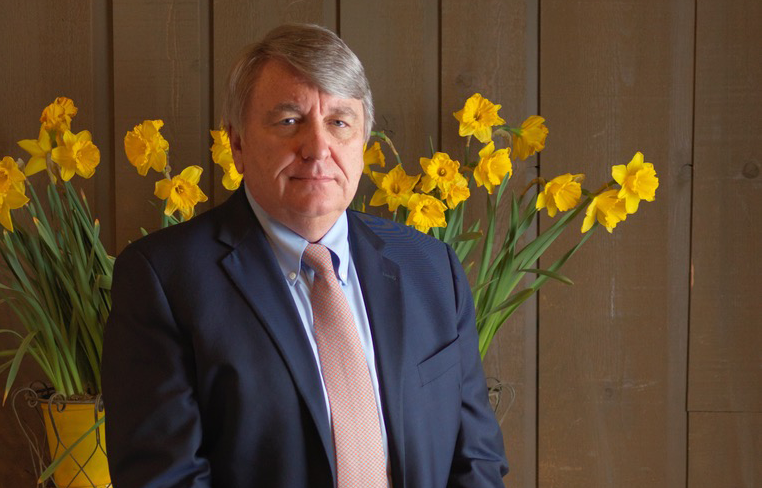Looking back on a big year
Dear friends,
It was terrific for Barbara and me to watch the online stream of the Seacology Prize Ceremony from our living room, where our first Seacology Prize Ceremony was held for Samoan Chief Ulu Taufa’asisina back in 1992. Chief Ulu had promised his father on his deathbed to protect the Tafua rain forest on the island of Savaii with his life. Ulu explained to our gathered guests how he felt deeply that protecting the precious rain forests of Tafua was an obligation he owed not only to the members of his village, but also to his ancestors. This year, we were thrilled to hear Seacology Prize winner Saw John’s voice in the Andaman Islands fill our living room as he accepted a well-deserved prize for his tremendous conservation efforts. A link to his speech can be found here.

Indigenous people often have a different perspective on conservation than Westerners, whose conservation ethic can be traced to the wise-use policies for Crown lands under the reign of Charles II. The multiple-use policies for U.S. national forest areas are a modern reflection of these early English wise-use policies. Instead, indigenous people see conservation as a spiritual responsibility they carry, to protect forest and marine resources they perceive to be sacred. For this reason, nearly all successful Seacology projects have simply empowered island villagers to carry on their own traditional conservation ethic. In return, Seacology builds needed schools, medical clinics, and water supplies that benefit the entire community.
In our new Dominican Republic projects, we have expanded the range of such benefits by linking conservation of mangroves, which sequester more carbon dioxide from the atmosphere than any other type of terrestrial vegetation, to perhaps the single most unifying community endeavor in their island home. I write here, of course, of sports. In many island communities, baseball and volleyball (in the Dominican Republic) or soccer (in Central and South America) bring entire families and villages together. As a longtime baseball fan, Seacology Executive Director Duane Silverstein proposed that we provide bats, gloves, nets, and of course baseballs and volleyballs to island youth in return for their efforts to learn about and protect mangrove habitats. Nu Skin’s Force for Good Foundation and other generous donors graciously provided funds for this initiative.
Like all Seacology projects, we will carefully evaluate the impact of these sports-related projects on island conservation, but I am guardedly optimistic that Duane may have hit on a means (no pun intended) to score a home run for island conservation.
Thank you for all you do to bring hope to island peoples and to support Seacology in its ongoing conservation mission.
Cordially,

Paul Alan Cox, Ph.D.
Chair, Seacology Board of Directors

